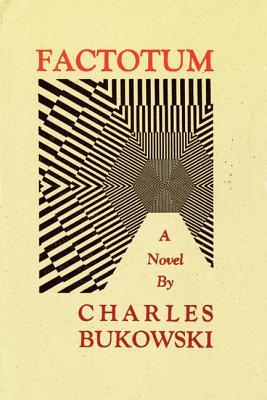

Book-Plate Label, generally affixed to the front pastedown, identifying a book’s owner.Of particular value to collectors as evidence of a very early form of the book. “Original boards” refers to cardboard-like front and back boards, from about 1700 to 1840, used as temporary protection for books before their purchasers would have them bound. Boards Hard front and rear covers of a bound book which are covered in cloth, leather or paper.Association Copy copy that belonged to someone connected with the author or the contents of a book.


Chinaski begins sleeping with fellow barfly Jan, a kindred spirit he meets while drowning his sorrows at a bar. He is consistently rejected by the only publishing house he respects, but is driven to continue by the knowledge that he could do better than the authors they publish. Even though some of Chinaski's jobs and colleagues are described with great detail, they all eventually end with him either abruptly leaving or being fired.

Much of the novel is dedicated to describing various menial jobs that Chinaski temporarily holds during the USA’s WWII economic boom. After getting into a fight with his father, Chinaski drifts through the seedy city streets of lower-class Los Angeles and other American cities in search of a job that will not come between him and his first love: writing. Set in the 1940s, the plot follows Henry Chinaski, Bukowski's perpetually unemployed, alcoholic alter ego, who has been rejected from the World War II draft and makes his way from one menial job to the next (hence a factotum). It is Bukowski’s second novel and a prequel to Post Office (1971). Factotum (1975) is a picaresque novel by American author Charles Bukowski.


 0 kommentar(er)
0 kommentar(er)
